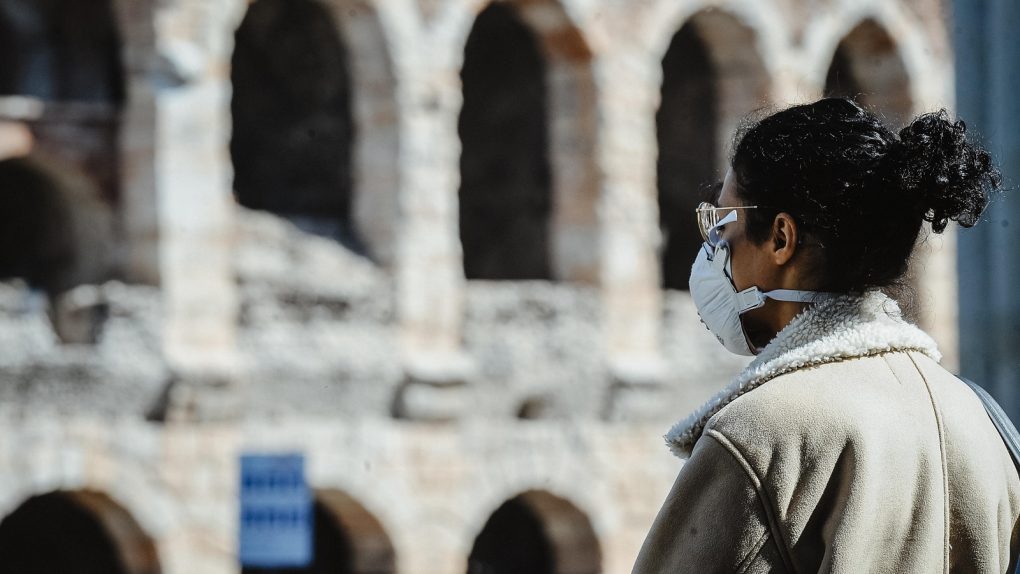- The World Health Organization will release an official coronavirus information app for iPhone, Android, and the web.
- The WHO MyHealth app will launch on March 30th and will include all the information the organization already pushes to its official WhatsApp chatbot.
- The first version of the app will provide self-diagnose help and assistance, while future releases might help combat the spread of epidemics.
- Visit BGR’s homepage for more stories.
Combating misinformation campaigns meant to spread fear and uncertainty about the novel coronavirus is just as important as staying indoors for as long as possible and washing your hands with soap for at least 20 seconds as often as you can. That’s why websites such as Google’s COVID-19 site are a great resource for staying updated on the coronavirus facts and developments.
But even Google sources its information from various authoritative organizations, including the Centers for Disease Control and Prevention (CDC) and the World Health Organization (WHO). Those two will provide all the COVID-19 information you need, including symptoms and guidance on what to do if you’re infected, so it’s a good idea to have them bookmarked. WHO access is going to get even better in the weeks to come, though, thanks to an official coronavirus app that the organization will launch on iPhone, Android, and the web.
Working on the project are former Google and Microsoft employees as well as WHO advisors and ambassadors, according to 9to5Google. The organization is set to release the WHO MyHealth app on March 30th, although the code is already available as the app is open source. 9to5Google looked at the current version of the app, as seen in the screenshots below:

The app will relay the same information the WHO offers on its official WhatsApp bot, including helpful tips on what to do if you think you may be infected with the new coronavirus.
A future version of the app might prove to be even more helpful, as it could offer real-time alerts based on your location. In the future, the app could be used to track confirmed cases and access their location history in an attempt to perform contact tracing. The information could be used to better understand how the virus has traveled inside a community, at the cost of privacy:
Leveraging existing technology like Google Maps, allows users to indicate whether they have been diagnosed or have come into contact with COVID-19 patients. In addition, request permission to track historic location data on their device.
That’s only a proposal, however. The app won’t track you unless you explicitly let it do so, provided the first version has any built-in tracking abilities. But future releases could help the WHO react better to other pandemics. The primary purpose of the app is to provide the immediate assistance you might need, including quick answers to help you self-diagnose your condition.
There’s one other interesting aspect of the app, on the technical side of things. The app has been built with Flutter, which is Google’s new SDK that allows developers to code a single app and release it on iPhone, Android, the web, as well as the exciting operating system that will soon replace Android: Fuchsia.








